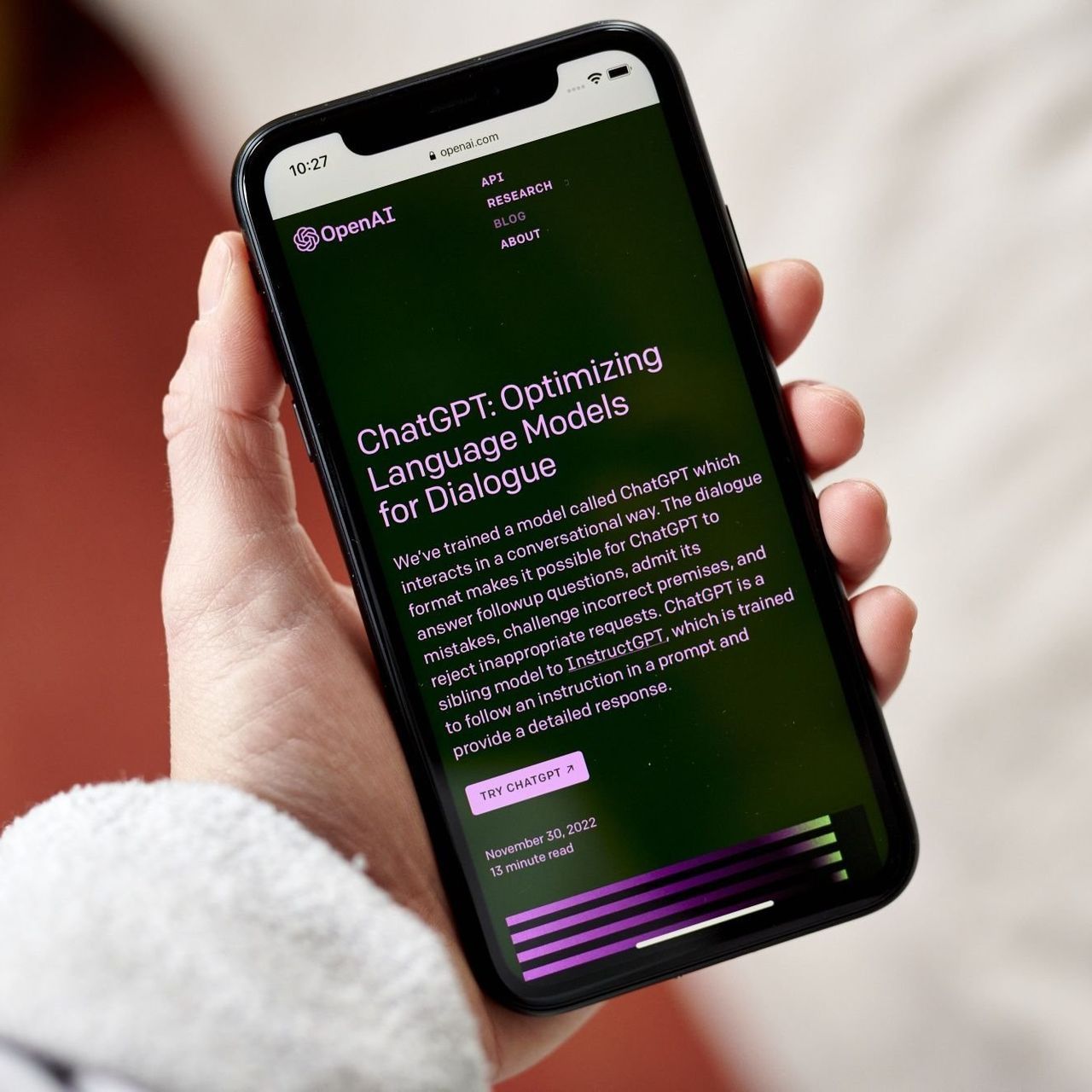A number of news and media publishers are taking measures to block AI web crawlers from accessing their sites, concerned about the impact on traffic when their content is aggregated by AI chatbot experiences. However, Direqt, a startup that has recently secured $4.5 million in funding, believes that publishers should embrace AI chatbots on their own terms. Direqt offers customizable chatbot solutions to media companies, such as ESPN, GQ, Wired, Vogue, Cosmopolitan, and more. These chatbots enable publishers to establish a direct connection with their audience, increase engagement with their published content, and monetize through ads.
Key Takeaway
Direqt, a startup specializing in AI chatbots for the media industry, offers customizable chatbot solutions to publishers, enabling them to establish a direct connection with their audience and monetize their content. Publishers who have been blocking AI web crawlers are now considering implementing generative AI experiences to increase engagement and revenue. Direqt provides flexibility in AI implementation and partners with OpenAI and Google to deliver publisher goals.
From Monetization to AI Platforms
Direqt was founded in 2017 with a focus on chatbot monetization. Initially, the company developed a system for serving promotions and ads within chatbot experiences, which was licensed to a major customer in the US. However, in 2021, the company pivoted and started building a chatbot platform specifically for publishers. The team recognized that existing chatbot platforms were not designed to meet the unique needs of publishers, who desired a direct relationship with their readers instead of relying on Big Tech companies like Meta and Google, which have distanced themselves from the news business in recent years.
Publishers’ Demand for Customizable Chatbots
Direqt understood that messaging apps, such as iMessage, WhatsApp, Telegram, Messenger, and Viber, accounted for approximately 10% of consumers’ mobile usage time. With around 5.3 billion people engaging in messaging globally, the team saw an opportunity to create a platform that could cater to publishers’ needs. Publishers expressed their desire for a direct relationship with their readers and wanted a solution that allowed them to curate the content generated by AI chatbots. Direqt responded by enhancing its platform to support generative AI capabilities and partnering with OpenAI and other AI vendors, including Google, to meet publishers’ goals.
Generative AI Experiences and Future Plans
Generative AI experiences have gained significant traction, and many publishers are exploring strategies for their implementation. Direqt noted that publishers are eager to embrace this technology and have a sober view of its potential impact on search traffic and journalism. As publishers gear up for annual planning, Direqt anticipates that many of them will implement generative AI experiences in 2024.
Offering Flexibility and Enhanced Performance
Direqt’s platform allows publishers to implement chatbots according to their own AI policies and strategies. Publishers can choose simpler, non-AI chatbots or opt for AI-generated content that is curated by their editorial teams. Additionally, the platform offers the possibility of implementing solutions similar to ChatGPT. Direqt gains access to publishers’ content through RSS feeds or website scraping, with permission. The chatbot experiences can be placed anywhere the publisher chooses, including on their website, messaging apps, and social media platforms.
Boosting Engagement and Revenue
The chatbots created by Direqt serve links to publisher content, resulting in an average clickthrough rate of 24.16%, compared to the average email clickthrough rate of 3.48% per active campaign. The platform not only drives direct traffic but also offers a hybrid business model. Publishers can choose between a software-as-a-service (SaaS) approach, paying a platform licensing fee based on transaction volume, or a revenue-based model, where Direqt takes a cut of the in-chat ad revenue. This approach is particularly attractive for publishers who heavily rely on ad revenue, as in-chat ads have been found to outperform traditional advertising.

























